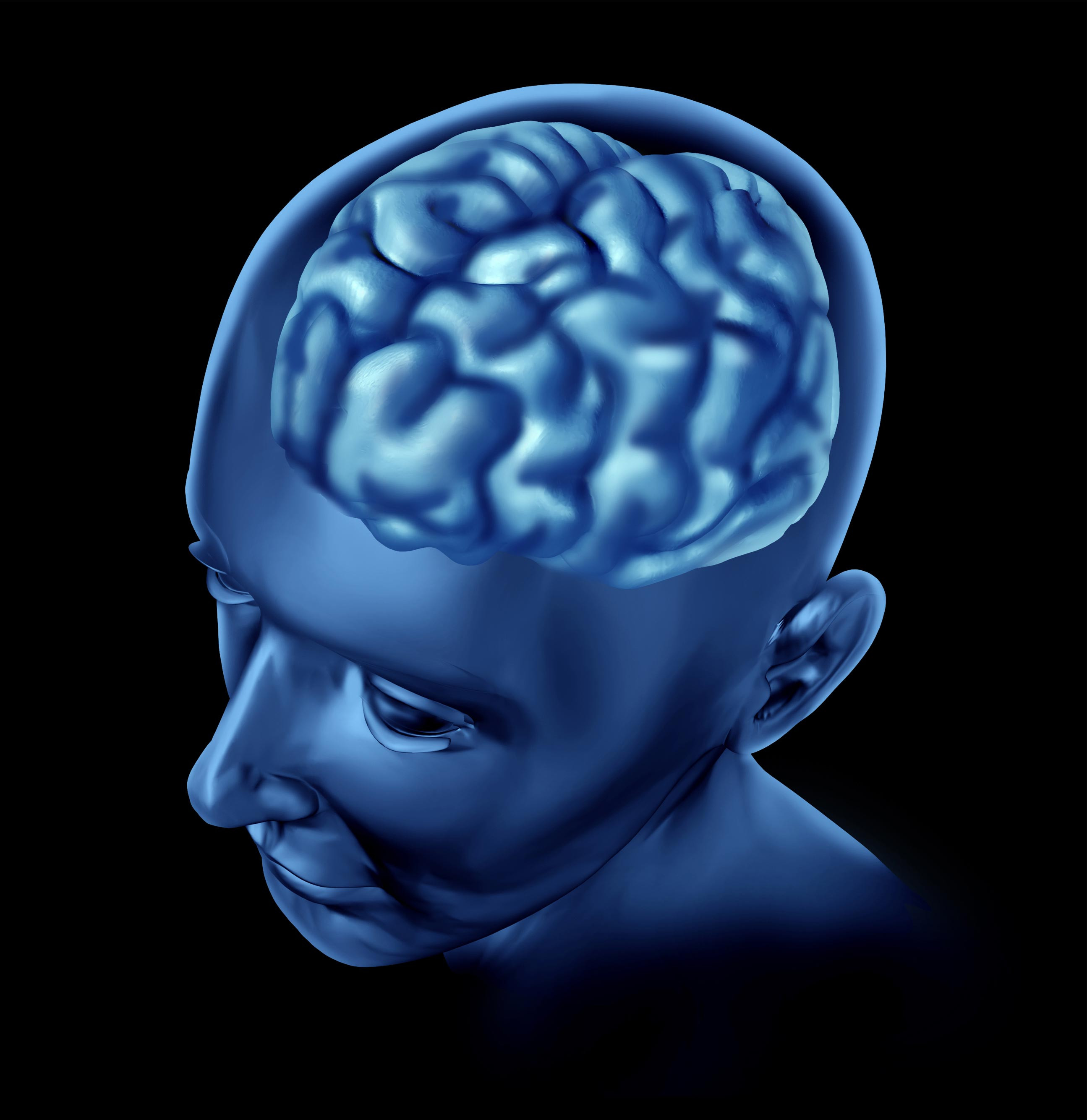Things You Need to Know About Meningioma
A meningioma is a type of brain tumor that develops in the meninges, the membrane which surrounds the brain and spinal cord. Most meningiomas (around 90 percent) fall into the category of benign tumors, with the remaining next 10 percent being atypical or showing signs of malignancy. In many cases, benign meningiomas relatively grow very slowly.
A meningioma may reach a relatively large size before it causes symptoms which usually depend on the site of its origination. Meningiomas are said to account for about 27 percent of primary brain tumors, making them the most common form of tumors.
Risk factors : Research and studies have shown that women are more prone compared to men. Men in the age group from 40 to 70 years are also quite susceptible. The incidence of a meningioma in children is a very rare occurrence. Children account for just about 1.5% of total cases reported worldwide. There are no risk factors but the following reasons can be considered as attributes.
- Genetic factors: Hereditary factor may play a vital role in attributing the risks. A genetic disorder termed as neurofibromatosis type 2 (Nf2) may up the risk of meningioma
- Previous traumatic injuries: People who have hurt their skull like skull fracture or scars in the Dura or any portion of their brain during any accidental head injury may develop meningioma.
- Radiation: Studies have shown that exposure to radiation leads to the development of meningioma.
Symptoms :
In most cases you may not experience symptoms. Some of the victims may experience symptoms such as :
- Changes in the speech pattern
- Unexplained weakness in the legs or arms or both
- Seizures all of a sudden
- Numbness or tingling sensation
- Vision related problems.
Treatment options or procedures :
- Observation: Meningioma is detected through a CT scan of the brain or MRI of the brain. If the person is aged over 65 years or does not show any significant symptoms and the size of the meningioma is relatively insignificant or small enough to cause any damage, the doctor may just observe it before actually starting any treatment.
- Surgery: the most widely used method for treatment is surgery. It is removed completely, and once removed the patient experiences relief from all symptoms and shows signs of recovery.
- Radiotherapy: Studies have concluded that radiotherapy is quite effective in reducing the growth of the meningioma by almost 50 to 90%. Advanced forms of radiotherapy such as stereotactic radiotherapy, or intensity modulated radiotherapy and radiosurgery are being used for treatments.
Outlook :
The patients, after receiving treatments have reported symptomatic relief and have returned to normal activities. Meningiomas such as convexity, parasagittal and lateral sphenoid wings are completely extractable considering their location. Certain meningiomas which are skull-based are slightly difficult to be removed and need a good neurosurgeon to treat them. Patients who are healthy recover faster compared to patients with additional health problems like heart diseases or poor general health condition.
Why KIMS?
KIMS is the most popular neurosurgery hospital in Hyderabad. It has carved out a name for itself as the best neurosurgery hospital in Hyderabad. The top most Neurosurgeons and neurologists like Dr. Manas Kumar Panigrahi, Dr A Krishna Reddy and their team have gained eminence and experience and are constantly treating patients in severe and critical cases achieving positive outcomes. Our neurology department is well equipped with necessary diagnostic equipment and facilities to treat emergency neurological cases. Dr. Manas and his team have treated cases of meningiomas with utmost care and good outcomes. If it is the treatment for meningioma, we vouch KIMS is the best hospital, surgery is performed if necessary and alternative methods of treatment have been given importance. The neurology department and its staff treat patients with care and empathy and give individual attention in all aspects.
